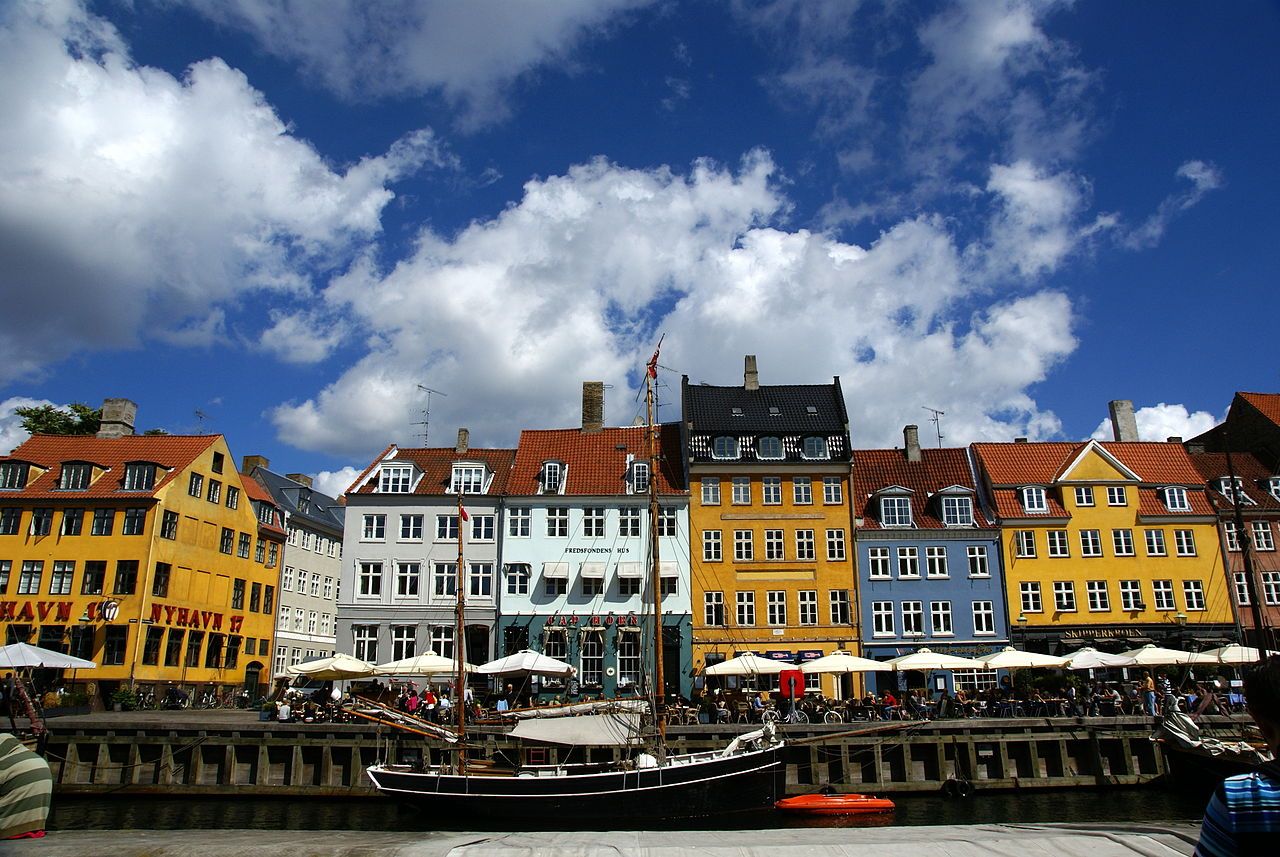Copenhagen has the seventh highest cost of living in the world, according to the annual Economist Intelligence Unit (EIU) survey.
It concludes that the Danish capital, which has risen one place in the rankings, has “high transport, recreation and personal care” costs.
The EIU survey assesses the cost of living in the cities according to the costs of over 400 products and services: from the cost of a loaf of bread to the price of insuring your car.
Three cities ranked first equal
Despite the wide breadth of the survey, three cities have managed to finish equal top: Singapore, Hong Kong and Paris. Copenhagen is ranked seventh equal with Seoul and New York City.
Also making the top ten were Zurich, Geneva and Osaka (4-6), while Tel Aviv and Los Angeles finished equal tenth.
At the other end of the scale, Caracas finished last, followed by Damascus, Tashkent (Uzbekistan), Almaty (Kazakhstan) and Bangalore (India).
Price of bread climbing
It is curious to note that Copenhagen is the only city in the top ten that has seen the price of a loaf of bread rise: from 3.87 dollars to 4.21.
However, it fared better for the price of a bottle of beer and two-piece suit, which both fell: from 3.06 to 2.61 and from 787.91 to 771.07 dollars respectively.
The only other price provided was the cost of a women’s haircut: 176.63 dollars, which was up nearly seven dollars on last year.















